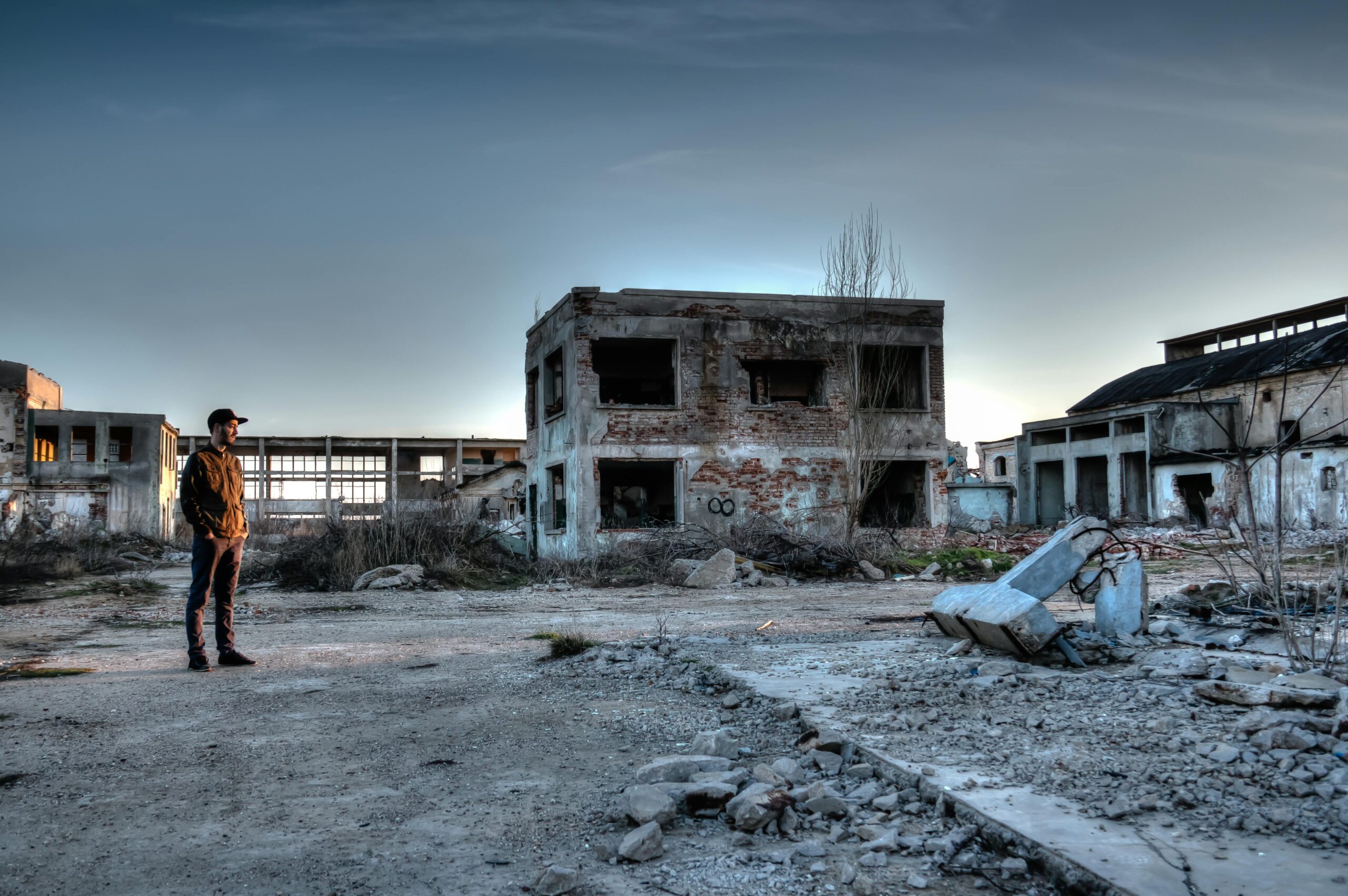If there’s one literary genre that’s been overfed, underappreciated, and then revived like a phoenix in Doc Martens, it’s dystopian fiction. These tales of ruin, repression, and revolutions have long fascinated readers who suspect that somewhere between Big Brother’s all-seeing gaze and Gilead’s uterus-as-property policy, there’s a mirror held up to our own troubled world. But while dystopias are designed to make us squirm, they also plant something surprisingly subversive in the cracks of their despair. That’s Hope.
By Hope, I’m not meaning the saccharine Hallmark kind, but the hard-earned, nail-biting, whisper-in-the-dark kind. I refer to the Hope that resistance is possible, that the human spirit is a stubborn bastard, and that even in the bleakest systems, someone’s still hiding contraband poetry under their mattress.
Let’s begin with the godfathers (and godmothers) of the genre. Orwell’s 1984 isn’t exactly a feel-good read; you finish it with the distinct urge to unplug your smart speaker and weep into a glass of Coke and Captain Morgan. Yet even within Winston’s total defeat, there’s an indictment of a system so grotesquely rigid that we, the readers, cannot help but recoil. That recoil, my lovelies, is the first glimmer of resistance. Orwell wasn’t giving us a manual; he was issuing a dare.
Margaret Atwood, with her terrifyingly plausible The Handmaid’s Tale, gave us Offred. She’s a woman trapped in a theocratic hellscape who dares, even quietly, to remember life before. Her resistance is internal, simmering, and waiting. It still matters because remembering is itself an act of defiance. In a world where history is rewritten and identity erased, memory becomes a weapon. Atwood didn’t write a heroine who overthrows the regime with a machete and a monologue. She gave us one who whispers, because whispers, when multiplied, become chants, and chants become movements.
Then there’s Octavia Butler, patron saint of “I will not go quietly.” In Parable of the Sower, hope isn’t blind optimism; it’s adaptive, gritty survival. Lauren Olamina doesn’t wait for a savior. She becomes one, not through divine providence, but through vision, empathy, and a bag of survivalist pragmatism. Butler dares to imagine that resistance isn’t just about fighting back; it must be done with an eye towards building something better in the rubble. Whether that be a new belief system, or a new community, or a future that isn’t handed down, but wrestled into existence, there must be an end goal worth achieving.
Hope, in these narratives, is never passive. It’s insurgent, crouching in the corners, waiting for anyone to light the match. The most effective forms of resistance are rarely loud at first. It starts as subtext, as a diary entry, or a forbidden love. It begins as a refusal to conform to dehumanizing norms. Dystopian fiction teaches us that even the smallest act—a gesture, a memory, a truth told in secret—can carry the weight of rebellion.
Of course, not all dystopias are created equal. Some are basically disaster porn with better costumes (certain YA franchises, cough, cough), where Resistance is flattened into a love triangle and Hope becomes a product placement. But when it’s done right, dystopian fiction not only critiques the machinations of our world society but also interrogates our complicity. It asks: What would you do? Would you fight? Would you remember? Would you still write, still sing, still dream?
Therein lies the genre’s enduring power. Beyond warning us of potential pitfalls, it prepares us for them. It sneaks blueprints into your psyche, disguised as stories. It suggests that systems may be monstrous, but they are not immortal. It reminds us that the future is not yet written. Somewhere, in a locked drawer or a burnt notebook or a child’s drawing, the resistance is already beginning.
So, the next time you find yourself crushed beneath headlines that feel like discarded pages from some unpublished Orwell-Atwood crossover event, take a breath. Re-read a dystopia. Then remember: someone survived it. Someone told the tale.
Because if dystopian fiction teaches us anything, it’s that the threat isn’t always some cartoonish dictator or dramatic military coup. Sometimes it’s the slow, anesthetizing creep of normalized injustice. It’s the smiling technocrat who offers thoughts and prayers while selling off the future in quarterly chunks. It’s the so-called revolutionaries who’ll dump a billion dollars into “awareness campaigns” but won’t touch the policies keeping people in chains.
What these stories hand us—besides an ominous sense of déjà vu—is a blueprint for vigilance. They tell us to question narratives, to distrust anything wrapped in patriotic platitudes or progressive buzzwords without substance. They remind us that resistance requires more than outrage; it demands memory, vision, community, and guts. It asks us to see clearly, speak truth, and build better even while the world burns.
We can’t fight the evils of our world with blind optimism. Our greatest weapon is intentional Hope, not just the kind that resists, but Hope strong enough to give us a foundation to rebuild. We need Hope that refuses to be managed by a political algorithm. We need Hope with fangs.
Don’t wait for the right candidate or the perfect moment. Don’t count on politicians who treat public service like a brand deal or a steppingstone to a Netflix documentary. The truth is, they’re not coming to save you; they’re too busy fundraising for their own pet projects off your fear.
Real change starts small, inconvenient, and unglamorous. It starts when you decide enough is enough: when YOU organize, when YOU speak up, and when YOU help your neighbor. When given the chance to vote, don’t just choose the lesser of two evils; vote like lives depend on it, because they do. The future isn’t written by leaders behind podiums. It’s written by the stubborn, the furious, and the hopeful—by people like you, who refuse to surrender the world without a damn fight.
~ Amelia Desertsong
